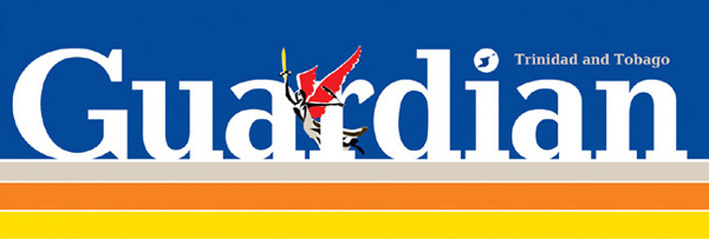He also invited citizens to apply to the Defence Force. Taken together it seems street gangs and violent offences are the most serious criminal threat to our nation and only an army-size force can protect us. On the surface that seems hard to deny.
If we use the statistics of arrests from the state of emergency to produce an image of who are the biggest threats to citizens’ safety, we see mostly young Afro-Trinidadian males from areas such as Laventille, John John and Beetham. Just as it was in colonial times, there is an image of crime as chiefly the work of poor, opportunistic Afro-Trinidadian males—and rarely the work of other groups in society; say like those more economical, culturally and socially well-off.
Anthropologists study culture and the way a person’s socio-cultural and economic environment shapes their behaviour and ideas. Culture isn’t the only factor in understanding a person’s behaviour; but it is certainly a factor. We don’t just study down at the culture of the lower classes, we also study up at the behaviour of the rich and powerful too. This provides a more holistic picture of a society.
What we’ve found is that criminals from the upper classes often emerge from a similar socio-economic class, status background, neighbourhood, school and membership clubs, which all create ties of comradeship, both social and business, and that the skills and values of older white-collar criminals are often passed down to younger upcoming members. As such, white-collar crime can be described as a community with its own modes of behaviour, culture, rituals, networks and self-perpetuation; just as we are told street gangs are.
Another useful way to think of white-collar crime is to use the anthropological idea of “class-power.” Class-power means the profits a society generates have been and continue to be appropriated and centralised for the benefit of groups who already have access to political, economic and social power.
Throughout human history it is a major reason why inequality extends in societies rather than declines. And cross-culturally growing inequality is the reason archaeologists give for the collapse of various cities like Mycenae, Harappa and Teotihuacan, of the Greek, Indus and Maya civilisations respectively.
Crime by high-status groups in all societies and cultures then is not new; it is a reality that has plagued the world for millennia. So why is white-collar crime today much less visible than the crimes our government spends far more time and resources on?
Well one reason is the culture of the people and institutions who report and investigate white-collar crime in the first place—in particular the media, the government, the legal profession and academics themselves—all groups in society we might consider powerful and mostly composed of high-status group members. This creates a cultural blind spot and class-based narratives of us versus them: “We aren’t the problem, those other people are the problem.”
White-collar crime is also often less visible because it occurs away from public eyes, and is often complicated, as opposed to happening on the streets where it can be reported in sensational sound bites that fit nicely into the evening news round-up.
The suggestion here is that white-collar crime is a great threat to society, and causes more harm to society overall, than street crime. So when massive amounts of government money go missing, or groups collude in corrupt deals, or huge financial deposits are exempted from declaration, these economic crimes do greater overall long-term damage to our national development, security, integrity and prosperity than marauding streets gangs.
Crime in T&T then is like a distorted mirror where the crimes committed by the poor are seen as large and the crimes committed by the rich are made small.
http://guardian.co.tt/columnist/2012-08-27/army-protect-us

 RSS Feed
RSS Feed